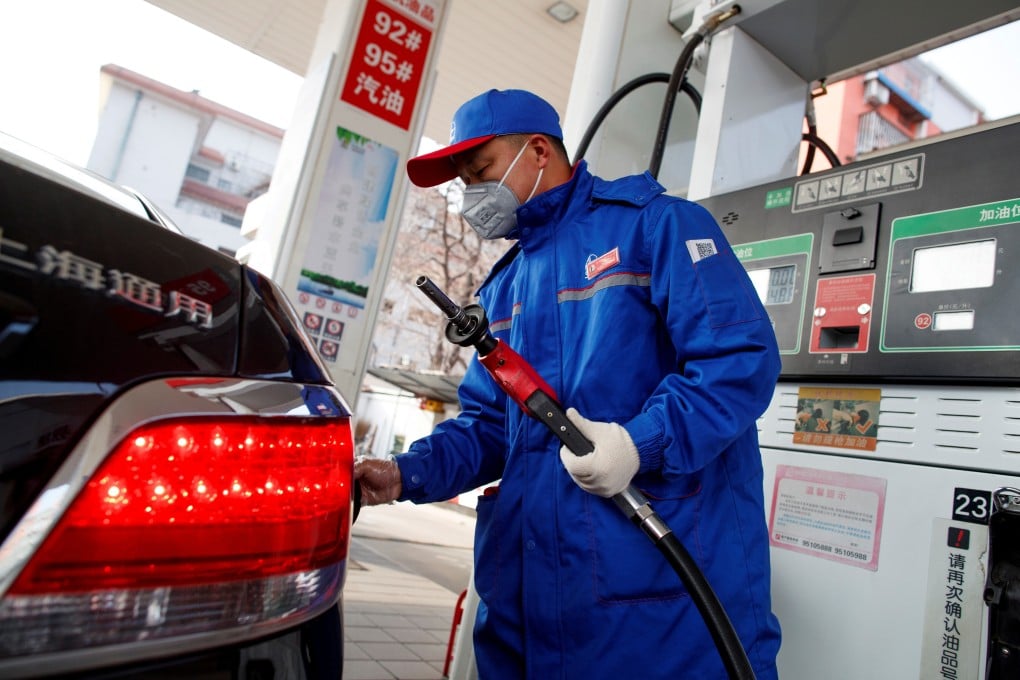Advertisement
Beijing clamps down on QR code mobile payments at gas stations despite a negligible chance of an explosion
- Beijing joins several Chinese cities in regulating smartphone use at gas stations
- Overseas authorities and experts say the risk of gas station fires caused by mobile phone use is negligible
Reading Time:2 minutes
Why you can trust SCMP

One summer day in 2018 in China’s eastern province of Henan, a man had just finished filling up his car’s tank when he whipped out his smartphone. Like just about anyone who needs to pay for something in China these days, he pulled up a mobile payment app to have his personal QR code scanned. But then this seemingly innocuous action sparked an explosion, killing four people.
That’s how the story goes, anyway. The tale circulated widely online in China two years ago, but there’s just one problem: it’s not true.
Authorities confirmed that an explosion did occur a few metres away from the gas station, but it was caused by a natural gas leakage rather than the use of a smartphone. While this and similar rumours have been repeatedly debunked, the idea that smartphone use at the gas pump can touch off an explosion continues to linger.
Advertisement
Just this month, the Beijing Emergency Management Bureau issued new rules banning the use of smartphones near fuel dispensers at gas stations. The notice specifically named the scanning of QR code as a “hidden safety risk”. Users are advised to go indoors for mobile payments.
Since then, gas stations in the Chinese capital have reportedly switched to other payment methods that don’t involve QR codes, such as direct debit inside the gas companies’ own apps. Several other cities have followed suit.
Advertisement
China’s most popular mobile payment services, including WeChat Pay and Ant Financial’s Alipay, rely heavily on QR codes. Even the rivalling state-owned UnionPay offers QR code payment on top of NFC. But there are signs that China might want to explore the wider use of NFC. A leaked screenshot of the official app linked to country’s digital currency, currently being tested, suggested that money can be transferred between accounts by simply bringing two smartphones close together.
(Ant Financial is an affiliate of Alibaba, which owns the South China Morning Post. )
Advertisement
Select Voice
Choose your listening speed
Get through articles 2x faster
1.25x
250 WPM
Slow
Average
Fast
1.25x